Browse
by Subject: Jewish Studies
View: By Date | Alphabetical | eBooks | Paperbacks
-
 Forthcoming May 2024
Forthcoming May 2024 Enchanted by Cinema
Wilhelm Thiele between Vienna, Berlin, and Hollywood
Horak, J.-C. & Seyfert, A.-B. (eds)
Enchanted by Cinema explores the films of the European music film pioneer William Thiele, as well as his career as an exile in Hollywood. Examining a wide range of the director’s filmography, the contributors address a variety of political, aesthetic and cross-cultural issues.
Subjects: Film and Television Studies History: 20th Century to Present Jewish Studies
-
 Forthcoming May 2024
Forthcoming May 2024 Social History of German Jews
A Short Introduction
Rürup, M.
Social History of German Jews traces the social history of modern German Jews from the end of the 18th century up to the aftermath of World War II, and focusses on the ascent of German Jews into the middle and upper-middle classes through both adversity and manifold forms of Jewish self-assertion.
Subjects: Jewish Studies History: 18th/19th Century History: 20th Century to Present
-
 Published February 2024
Published February 2024 Too Jewish or Not Jewish Enough
Ritual Objects and Avant-Garde Art at the Jewish Museum of New York
Abt, J.
This volume explores the origins of the Jewish Museum of New York and its evolution from collecting and displaying Jewish ritual objects, to Jewish art, to exhibiting avant-garde art devoid of Jewish content, created by non-Jews. Established within a rabbinic seminary, the museum’s formation and development reflect changes in Jewish society over the twentieth century as it grappled with choices between religion and secularism, particularism and universalism, and ethnic pride and assimilation.
Subjects: Museum Studies Jewish Studies Cultural Studies (General)
eBook -
 Published February 2024
Published February 2024 Gender History of German Jews
A Short Introduction
Schüler-Springorum, S.
Gender History of German Jews is a concise overview of German-Jewish gender agency and change against the “dawn of modernity” across both men and women who dealt with histories of status change, discrimination, persecution, and deportation.
Subjects: Jewish Studies History: 18th/19th Century History: 20th Century to Present
eBook -
 Published January 2024
Published January 2024 Poland under German Occupation, 1939-1945
New Perspectives
Huener, J. & Löw, A. (eds)
Poland under German Occupation, 1939-1945 explores questions of Polish-Jewish life that are rarely discussed and new methodological directions to advance debates on the complicity of Polish citizens during the mass murder of Jews under the nation’s Nazi occupation.
Subjects: History: World War II Genocide History Jewish Studies
eBook -
 Published December 2023
Published December 2023 After Liberation
Toward a Sociology of the Shoah
Selected EssaysAdler, H. G.
This collection gathers together, for the first time in English, some of H.G. Adler’s most important scholarly essays on the Shoah and connected themes. Spanning his thought across three decades they focus on the fate of the ‘coerced’ human being and reflect on freedom, enslavement, terror, dread, charisma, loneliness, and ideology.
Subjects: Genocide History Jewish Studies History: World War II
eBook -
 Published June 2023
Published June 2023 Yiddish Transformed
Reading Habits in the Russian Empire, 1860-1914
Cohen, N.
Yiddish Transformed explores Jewish reading practices alongside the rise of Yiddish in Eastern Europe between 1860 and 1914 by delving into publishing policies of Yiddish books and newspapers, popular literary genres of the time, the development of Jewish public libraries, as well as reflections of reading experiences in life stories.
Subjects: Jewish Studies Literary Studies
eBook -
 Published October 2022
Published October 2022 German–Jewish Studies
Next Generations
Wallach, K. & Elyada. A. (eds)
Applying current and evolving interdisciplinary scholarship to bring an original and comprehensive assessment of why German-Jewish studies as a field is vital to further our understanding of antisemitism, racism, and coloniality, German-Jewish Studies: Next Generations grounds the field’s necessity to the future of scholarship in the twenty-first century.
Subjects: History: 20th Century to Present Jewish Studies
eBook -
 Published January 2022
Published January 2022 The Vienna Gestapo, 1938-1945
Crimes, Perpetrators, Victims
Boeckl-Klamper, E., Mang, T., & Neugebauer, W.
The Vienna Gestapo was the most important instrument of Nazi terror on Austrian soil. Through expert historical analysis of the Vienna Gestapo in the years 1938-1945, this volume provides a comprehensive presentation of not only the victims of persecution but also of the structures, organization and individuals actively involved on the Gestapo side.
Subjects: History: World War II Jewish Studies
eBook -
 Published June 2021
Published June 2021 Do Not Forget Me
Three Jewish Mothers Write to Their Sons from the Thessaloniki Ghetto
Saltiel, L. (ed)
Following the Axis invasion of Greece, the Nazis began persecuting the country’s Jews as they had across occupied Europe, beginning with small indignities and culminating in mass imprisonment and deportations. Among the many Jews confined to the Thessaloniki ghetto during this period were Sarina Saltiel, Mathilde Barouh, and Neama Cazes—three women bound for Auschwitz who spent the weeks before their deportation writing to their sons.
Subjects: Jewish Studies History: World War II Genocide History
eBook
Paperback available -
 Published March 2021
Published March 2021 On the Death of Jews
Photographs and History
Fresco, N.
In this trenchant meditation on photographs from an atrocity in Latvia during the Holocaust, Nadine Fresco argues for the vital importance of photographs—and nontraditional sources more broadly—for understanding the Holocaust. She confronts charged questions around guilt and testimony while teasing out the subtle implications of camera angles, photo sequencing, and body language, helping us to see anew the perspectives of victims, perpetrators, and others who witnessed the brutality of the Holocaust.
Subjects: Genocide History Media Studies Jewish Studies
eBook
Paperback available -
 Published March 2021
Published March 2021 Jewish Self-Hate
Lessing, T.
This new edition makes Theodor Lessing’s seminal work Der Jüdische Selbsthaß accessible to English readers for the first time, supplemented with explanatory footnotes by translator Peter Appelbaum and illustrative essays by historian Sander L. Gilman and German scholar Paul Reitter.
Subject: Jewish Studies
eBook
Paperback available -
 Published December 2020
Published December 2020 Recognizing the Past in the Present
New Studies on Medicine before, during, and after the Holocaust
Hildebrandt, S., Offer, M., & Grodin, M. A. (eds)
This interdisciplinary collection assembles a chain of documentation on the critical role of medicine in realizing the policies of Hitler’s regime. It traces the historical legacies of National Socialist medicine from their roots in the racial theories of the 1920s, through their manifestation in the Nazi period, and on to legacies and continuities from the postwar years to the present.
Subjects: History: 20th Century to Present Genocide History Jewish Studies
eBook
Paperback available -
 Published November 2020
Published November 2020 Rethinking Jewishness in Weimar Cinema
Hales, B. & Weinstein, V. (eds)
The film industry in the Weimar Republic was a major site for German-Jewish experience that provided a sphere for Jewish "outsiders" to shape mainstream culture. The essays in Rethinking Jewishness in Weimar Cinema offer new historical, theoretical, and methodological approaches to the significant involvement of Jewish people in Weimar cinema.
Subjects: Film and Television Studies Jewish Studies History: 20th Century to Present
eBook
Paperback available -
 Published August 2020
Published August 2020 Antisemitism in Galicia
Agitation, Politics, and Violence against Jews in the Late Habsburg Monarchy
Buchen, T.
Antisemitism in Galicia investigates the interaction of agitation, violence, and politics against Jews on the periphery of the Danube monarchy. In its comprehensive analysis of the functions and limitations of propaganda, rumors, and mass media, it shows just how significant antisemitism was to the politics of coexistence among Christians and Jews on the eve of the Great War.
Subjects: History: 18th/19th Century Jewish Studies
eBook
Paperback available -
 Published June 2020
Published June 2020 Voices on War and Genocide
Three Accounts of the World Wars in a Galician Town
Bartov, O. (ed)
Taking as its point of departure Omer Bartov’s acclaimed recent monograph Anatomy of a Genocide, this volume brings together three extensive and previously unknown accounts of residents from the Ukrainian town of Buczacz, covering events during and between both world wars.
Subjects: History: World War II Jewish Studies Genocide History
eBook
Paperback available -
 Published June 2020
Published June 2020 Resisting Persecution
Jews and Their Petitions during the Holocaust
Pegelow Kaplan, T. & Gruner, W. (eds)
This volume offers the first extensive analysis of entreaties from persecuted Jews in the Nazi era, demonstrating their largely unappreciated value as a historical source and as an attempt to reclaim agency in increasingly desperate political circumstances.
Subjects: History: 20th Century to Present Jewish Studies Genocide History
eBook
Paperback available -
 Published May 2020
Published May 2020 Can Academics Change the World?
An Israeli Anthropologist's Testimony on the Rise and Fall of a Protest Movement on Campus
Shokeid, M.
Moshe Shokeid narrates his experiences as a member of AD KAN (NO MORE), a protest movement of Israeli academics at Tel Aviv University, who fought against the Israeli occupation of Palestinian territories, founded during the first Palestinian intifada/uprising (1987-1993).
Subjects: Political and Economic Anthropology Jewish Studies Anthropology (General) Educational Studies
eBook
Paperback available -
 Published April 2020
Published April 2020 Resettlers and Survivors
Bukovina and the Politics of Belonging in West Germany and Israel, 1945–1989
Fisher, G.
Resettlers and Survivors focuses on two groups of Bukovinians—ethnic Germans and German-speaking Jews—who navigated dramatically changed political and social circumstances in 1945. This study gives a nuanced account of how they dealt with the difficult legacies of World War II, while exploring Bukovina’s significance for them as both a geographical location and a “place of memory.”
Subjects: History: 20th Century to Present Jewish Studies Refugee and Migration Studies Memory Studies
eBook -
 Published March 2020
Published March 2020 Rethinking the Age of Emancipation
Comparative and Transnational Perspectives on Gender, Family, and Religion in Italy and Germany, 1800–1918
Baumeister, M., Lenhard, P., & Nattermann, R. (eds)
Rethinking the Age of Emancipation aims at a critical reassessment of the development of the two “late” nations, Italy and Germany, from a new and transnational perspective. Essays by an international and interdisciplinary group of scholars examine the discursive relationships among nationalism, war, and emancipation as well as the ambiguous roles of historical protagonists with competing loyalties.
Subjects: History: 18th/19th Century Jewish Studies Gender Studies and Sexuality Sociology
eBook -
 Published November 2019
Published November 2019 The Anatomy of the Holocaust
Selected Works from a Life of Scholarship
Hilberg, R.
Pehle, W. H. & Schlott, R. (eds)Historian Raul Hilberg produced a variety of archival research, personal essays, and other works over a career that spanned half a century. The Anatomy of the Holocaust collects some of Hilberg’s most essential and groundbreaking writings—many of them published in obscure journals or otherwise inaccessible to nonspecialists—in a single volume.
Subjects: Genocide History Jewish Studies
eBook
Paperback available -
 Published November 2019
Published November 2019 German Railroads, Jewish Souls
The Reichsbahn, Bureaucracy, and the Final Solution
Browning, C. R., Hayes, P. & Hilberg, R.
This book centers around preeminent Holocaust scholar Raul Hilberg’s landmark study of Nazi railways and their roles within the Jewish genocide. Supplemented with additional writings from Hilberg, primary source materials, and a comprehensive historical survey from leading scholars Christopher Browning and Peter Hayes, this is a rich and accessible introduction to a topic in Holocaust history that remains understudied even today.
Subjects: Jewish Studies Genocide History Transport Studies
eBook
Paperback available -
 Published October 2019
Published October 2019 Germany On Their Minds
German Jewish Refugees in the United States and Their Relationships with Germany, 1938–1988
Schenderlein, A. C.
Throughout the 1930s and early 1940s, the United States granted asylum to approximately ninety thousand German Jews fleeing the horrors of the Third Reich. Author Anne C. Schenderlein gives a fascinating account of these entangled histories on both sides of the Atlantic and demonstrates the remarkable extent to which German Jewish refugees helped shape the course of West German democratization.
Subjects: Jewish Studies Refugee and Migration Studies History: 20th Century to Present
Paperback available -
 Published September 2019
Published September 2019 Nearly the New World
The British West Indies and the Flight from Nazism, 1933–1945
Newman, J.
In the years leading up to the Second World War, increasingly desperate European Jews looked to far-flung destinations such as the Barbados, Trinidad, and Jamaica in search of refuge. Nearly the New World tells the remarkable story of Jewish refugees who overcame persecution and sought safety in the West Indies from the 1930s through the end of World War II
Subjects: Jewish Studies Genocide History History: World War II Refugee and Migration Studies
eBook
Paperback available -
 Published September 2019
Published September 2019 The Holocaust in Bohemia and Moravia
Czech Initiatives, German Policies, Jewish Responses
Gruner, W.
After the establishment of the Protectorate of Bohemia and Moravia, Czech and German authorities adopted radicalized anti-Jewish policies, including depriving Jews of their property, hauling them into forced labor, and deporting them to concentration camps. In this pioneering study, Wolf Gruner demonstrates that these proceedings were not only controlled by Berlin, but also driven forward by the Czech government and local authorities.
Subjects: Jewish Studies Genocide History
eBook
Paperback available -
 Published September 2019
Published September 2019 Testimonies of Resistance
Representations of the Auschwitz-Birkenau Sonderkommando
Chare, N. & Williams, D. (eds)
As eyewitnesses to and unwilling abettors of the murder of their fellow Jews, the Sonderkommando comprise one of the most fascinating and troubling topics within Holocaust history. This interdisciplinary collection assembles careful investigations into how the Sonderkommando have been represented—both by themselves and by others—during and since the Holocaust.
Subjects: History: World War II Genocide History Jewish Studies
eBook
Paperback available -
 Published September 2019
Published September 2019 Entangled Entertainers
Jews and Popular Culture in Fin-de-Siècle Vienna
Hödl, K.
Viennese popular culture at the turn of the twentieth century was shaped jointly by Jews and non-Jews alike, though their relationship was not immune to bouts of anti-Semitism. The case studies in this book provide new findings in understanding what it meant to be Jewish among artists, performers and impresarios at the turn of the twentieth century.
Subjects: Jewish Studies History: 20th Century to Present Cultural Studies (General)
Paperback available -
 Published September 2019
Published September 2019 Submerged on the Surface
The Not-So-Hidden Jews of Nazi Berlin, 1941–1945
Lutjens Jr., R. N.
Between 1941 and 1945, some 6,500 Berlin Jews, in fear for their lives, made the choice to flee their impending deportations and live submerged in Nazi Germany. This book sheds light on the daily life of those who hid and on the city that was both the source of their persecution and the site of their survival.
Subjects: Jewish Studies Genocide History
Paperback available -
 Published August 2019
Published August 2019 Escapees
The History of Jews Who Fled Nazi Deportation Trains in France, Belgium, and the Netherlands
von Fransecky, T.
Hundreds of Jewish men, women and children escaped from deportation trains bound for extermination camps by making a dangerous leap from the moving train. Drawing from extensive interviews and new sources, Tanja Fransecky sheds light on a hitherto neglected chapter of Jewish resistance to the National Socialist extermination policy.
Subjects: Genocide History Jewish Studies Mobility Studies
eBook
Paperback available -
 Published June 2019
Published June 2019 Making Bodies Kosher
The Politics of Reproduction among Haredi Jews in England
Kasstan, B.
Analyses the ways in which Haredi Jews negotiate healthcare services using theoretical perspectives in political philosophy. This is the first archival and ethnographic study of Haredi Jews in the UK, and will allow readers to understand how reproductive care issues affect this growing minority population.
Subjects: Medical Anthropology Jewish Studies Anthropology of Religion
Paperback available -
 Published November 2018
Published November 2018 Probing the Limits of Categorization
The Bystander in Holocaust History
Morina, C. & Thijs, K. (eds)
This volume discusses a number of case studies addressing the history of bystanding during and after the Nazi era. Combining historiographical, conceptual and empirical contributions, Probing the Limits of Categorization explores the roles and experiences of individuals caught up in the dynamics of state-sponsored genocidal violence.
Subjects: Genocide History Jewish Studies History: 20th Century to Present
eBook
Paperback available -
 Published November 2018
Published November 2018 Beyond Inclusion and Exclusion
Jewish Experiences of the First World War in Central Europe
Crouthamel, J., Geheran, M., Grady, T., & Köhne, J. B. (eds)
Beyond Inclusion and Exclusion recaptures the multifariousness of Central European Jewish life through the experiences of both soldiers and civilians during World War I. This collection explores rare sources and employs novel interdisciplinary methods to illuminate four interconnected themes: minorities and the meaning of military service, Jewish-Gentile relations, the cultural legacy of the war, and memory politics.
Subjects: Jewish Studies History: World War I History: 20th Century to Present
eBook
Paperback available -
 Published August 2018
Published August 2018 Carnage and Care on the Eastern Front
The War Diaries of Bernhard Bardach, 1914-1918
Bardach, B.
Care and Carnage on the Eastern Front documents the day-to-day life of a doctor serving on the Eastern Front between 1914-1918. Bardach’s meticulous records offer a personal glimpse into the critical first weeks of fighting as well as the ultimate collapse of the Austro-Hungarian Army.
Subjects: History: World War I Jewish Studies
eBook
Paperback available -
 Published January 2018
Published January 2018 Nazism, the Holocaust, and the Middle East
Arab and Turkish Responses
Nicosia, F. R. & Ergene, B. A. (eds)
How was Nazism received in the Middle East? By focusing on Arab and Turkish reactions to Nazi anti-Semitism and persecution of the Jews in Germany and Europe, this collection offers a fresh perspective on institutional and popular attitudes towards Jewish communities throughout the Middle East during the 1930s and 1940s.
Subjects: Genocide History Jewish Studies
eBook
Paperback available -
 Published December 2017
Published December 2017 Rethinking Holocaust Justice
Essays across Disciplines
Goda, N. J. W. (ed)
In the past two decades, the subject of post-Holocaust justice has experienced a surge of interest among historians and legal scholars. Rethinking Holocaust Justice offers a multifaceted approach to post-Holocaust justice, bringing together leading scholars from a variety of disciplines to explore the complexity of these issues.
Subjects: Genocide History History: 20th Century to Present Jewish Studies
eBook
Paperback available -
 Published December 2017
Published December 2017 Visitors to the House of Memory
Identity and Political Education at the Jewish Museum Berlin
Bishop Kendzia, V.
By accompanying a range of senior high school history students before, during and after their visits to the museum, Visitors to the House of Memory is an intimate exploration of how young Berliners from across the city experience the Jewish Museum Berlin.
Subjects: Museum Studies Jewish Studies Educational Studies Memory Studies
eBook
Paperback available -
 Published August 2017
Published August 2017 World War I and the Jews
Conflict and Transformation in Europe, the Middle East, and America
Rozenblit, M. L. and Karp, J. (eds)
World War I utterly transformed the lives of Jews around the world, allowing them to demonstrate patriotism, dispel antisemitic myths, and fight for their rights. This book provides a fascinating survey of the ways in which Jewish communities in Europe, North America, and the Middle East participated in and were changed by the Great War during and after the conflict.
Subjects: Jewish Studies History: World War I
eBook
Paperback available -
 Published June 2017
Published June 2017 Space and Spatiality in Modern German-Jewish History
Lässig, S. & Rürup, M. (eds)
This wide-ranging volume revisits both literal and metaphorical spaces in modern German history, working from an expansive concept of “the spatial” to examine the ways in which Jewishness has been attributed to them, and what the implications have been in different eras and social contexts.
Subjects: Jewish Studies History: 20th Century to Present History: 18th/19th Century
eBook
Paperback available -
 Published May 2017
Published May 2017 The Absent Jews
Kurt Forstreuter and the Historiography of Medieval Prussia
Hess, C.
For nearly a century, it has been a commonplace of Central European history that there were no Jews in medieval Prussia. This groundbreaking historical investigation demonstrates the very weak foundations upon which that assumption rests, tracing it to the ideologically compromised work of a single Nazi-era historian who badly mishandled evidence.
Subjects: Jewish Studies History: Medieval/Early Modern
eBook -
 Published April 2017
Published April 2017 Children in the Holocaust and its Aftermath
Historical and Psychological Studies of the Kestenberg Archive
Kangisser Cohen, S., Fogelman, E., & Ofer, D. (eds)
The testimonies of individuals who survived the Holocaust as children pose distinct challenges for researchers, requiring them to often follow simultaneous, disparate narratives. This interdisciplinary volume brings together historians, psychologists, and other scholars to explore child survivors’ accounts, with a central focus on the Kestenberg Holocaust Child Survivor Archive’s over 1,500 testimonies.
Subjects: Genocide History Jewish Studies
eBook
Paperback available -
 Published December 2016
Published December 2016 Microhistories of the Holocaust
Zalc, C. & Bruttmann, T. (eds)
Increasingly, recent historical scholarship has demonstrated a willingness to study the Holocaust at scales as focused as a single neighborhood or family. This volume brings together scholars to reflect on the ongoing microhistorical turn in Holocaust studies, assessing its historiographical pitfalls as well as the distinctive opportunities it affords researchers.
Subjects: Genocide History History: World War II Jewish Studies
eBook
Paperback available -
 Published December 2015
Published December 2015 Matters of Testimony
Interpreting the Scrolls of Auschwitz
Chare, N. & Williams, D.
In 1944, a number of Sonderkommando—“special squads” of Jewish prisoners who kept the gas chambers running smoothly—buried on the grounds of Auschwitz a series of remarkable eyewitness accounts. This study reconstructs their history and textual content, revealing literary works that raise troubling questions about the nature of testimony.
Subjects: Genocide History History: World War II Jewish Studies
eBook
Paperback available -
 Published January 2015
Published January 2015 Jesus Reclaimed
Jewish Perspectives on the Nazarene
Homolka, W.
After centuries of persecution, oppression, forced migrations, and exclusion in the name of Christ, the development of a Jewish “Quest for the Historical Jesus” might seem unexpected. This book gives an overview and analysis of the various Jewish perspectives on the Nazarene throughout the centuries.
Subject: Jewish Studies
eBook
Paperback available -
 Published October 2013
Published October 2013 The Legacy of Liberal Judaism
Ernst Cassirer and Hannah Arendt's Hidden Conversation
Curthoys, N.
“This is an important fresh look at modern intellectual history at the interface of philosophy and Jewish thought. It has a persuasive line of argument and illuminating discussions of the subject. It adds a crucial strand to the weave of modern intellectual history and argues that, unless close attention is paid to the dimension of Jewish thought in this project, this history remains misunderstood.” · Willi Goetschel, University of Toronto
Subjects: Jewish Studies History (General)
eBook
Paperback available -
 Published September 2013
Published September 2013 A Fatal Balancing Act
The Dilemma of the Reich Association of Jews in Germany, 1939-1945
Meyer, B.
“Beate Meyer has chosen to research a serious subject that is by any standard difficult and painful to confront in an honest way… The book is a careful, detailed study of the Reich Association of Jews in Germany.” · Canadian Journal of History
“[The author] keeps the focus on the individual without ever losing sight of the overall crime. This book…can be considered as an essential contribution to the history of the extermination of the German Jews.” · Bulletin of the Fritz Bauer Institute, Frankfurt
“Beate Meyer succeeds in producing a nearly complete picture of procedures and decisions within the organization. In addition she describes openly but not without empathy the diverse, often narrow perspectives and possibilities of responsible individuals in their respective situation.” · Sehepunkte
Subjects: History: World War II Jewish Studies Genocide History
eBook
Paperback available -
 Published July 2013
Published July 2013 Judging 'Privileged' Jews
Holocaust Ethics, Representation, and the 'Grey Zone'
Brown, A.
Subjects: Genocide History History (General) Jewish Studies
Paperback available -
 Published May 2013
Published May 2013 Race, Color, Identity
Rethinking Discourses about 'Jews' in the Twenty-First Century
Sicher, E. (ed)
Subjects: Jewish Studies Cultural Studies (General) Sociology
eBook
Paperback available -
 Published June 2012
Published June 2012 Marginal At the Center
The Life Story of a Public Sociologist
Kimmerling, B.
Subjects: Sociology Jewish Studies
Pb -
 Published May 2012
Published May 2012 Czechs, Germans, Jews?
National Identity and the Jews of Bohemia
Capkova, K.
Subjects: Jewish Studies History (General)
eBook
Paperback available -
 Published March 2012
Published March 2012 Israeli Identities
Jews and Arabs Facing the Self and the Other
Auron, Y.
Subjects: Jewish Studies Sociology
eBook
Paperback available -
 Published October 2011
Published October 2011 Vienna Is Different
Jewish Writers in Austria from the Fin-de-Siècle to the Present
Herzog, H. H.
Subjects: Jewish Studies History: 20th Century to Present Literary Studies
eBook
Paperback available -
 Published July 2010
Published July 2010 Jewish Life in Nazi Germany
Dilemmas and Responses
Nicosia, F. & Scrase, D. (eds)
Subjects: Jewish Studies History: World War II Genocide History
eBook
Paperback available -
 Published April 2007
Published April 2007 Escape From Hell
The True Story of the Auschwitz Protocol
Wetzler, A.
Subjects: Jewish Studies History: World War II Literary Studies
eBook
Paperback available

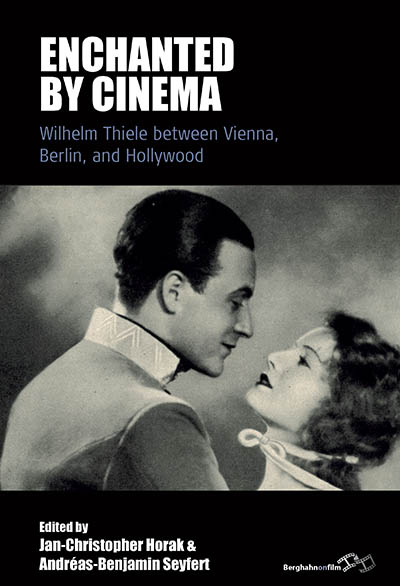 Forthcoming May 2024
Forthcoming May 2024 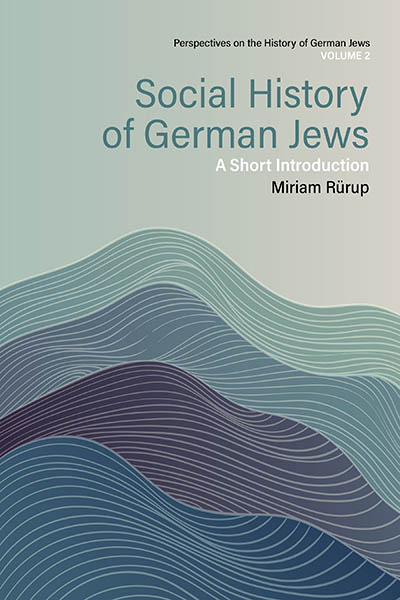 Forthcoming May 2024
Forthcoming May 2024 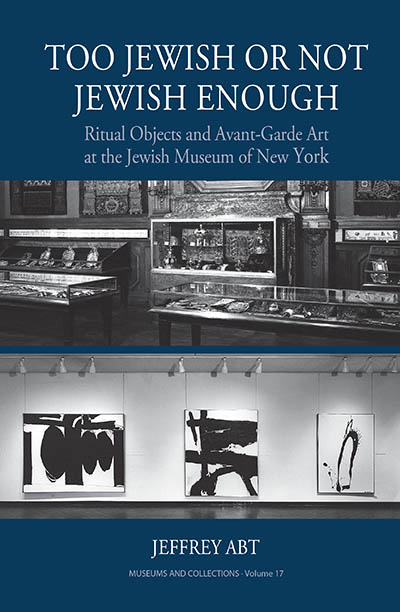 Published February 2024
Published February 2024 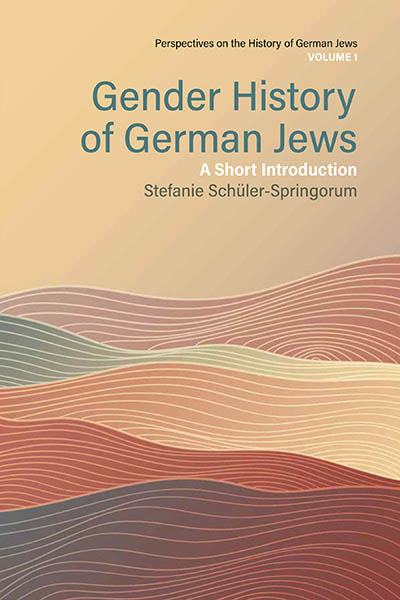 Published February 2024
Published February 2024 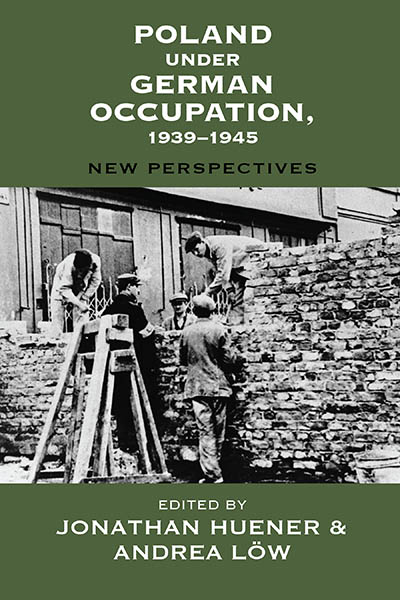 Published January 2024
Published January 2024 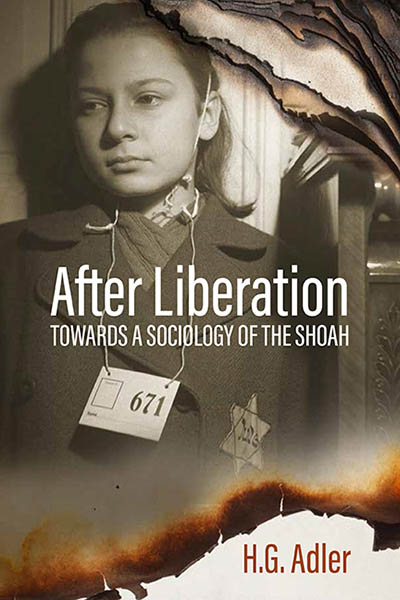 Published December 2023
Published December 2023 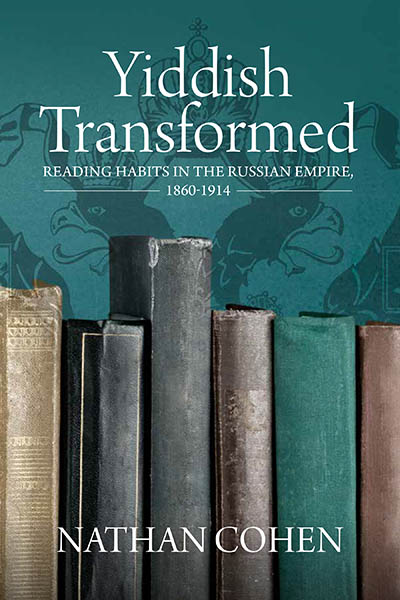 Published June 2023
Published June 2023 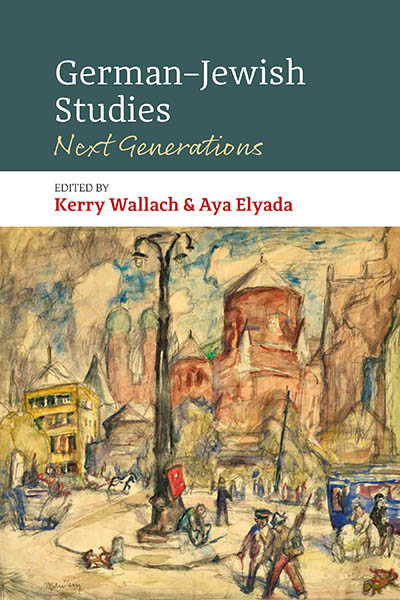 Published October 2022
Published October 2022 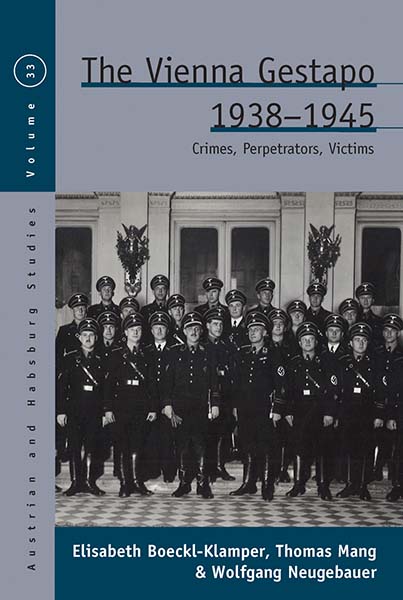 Published January 2022
Published January 2022 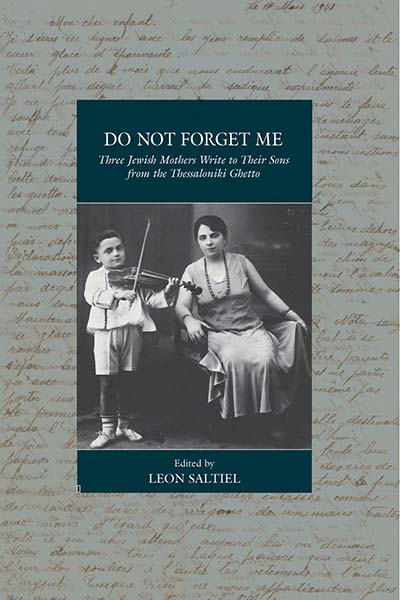 Published June 2021
Published June 2021 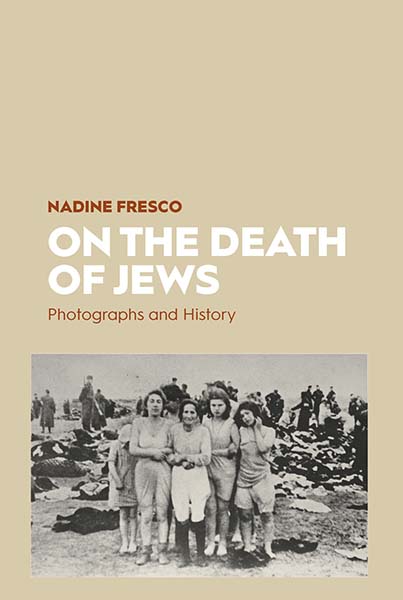 Published March 2021
Published March 2021 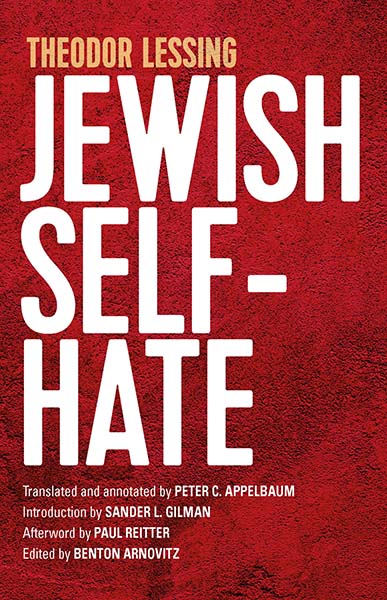 Published March 2021
Published March 2021 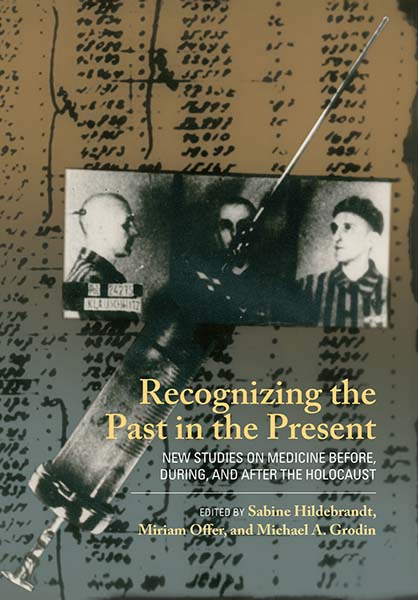 Published December 2020
Published December 2020 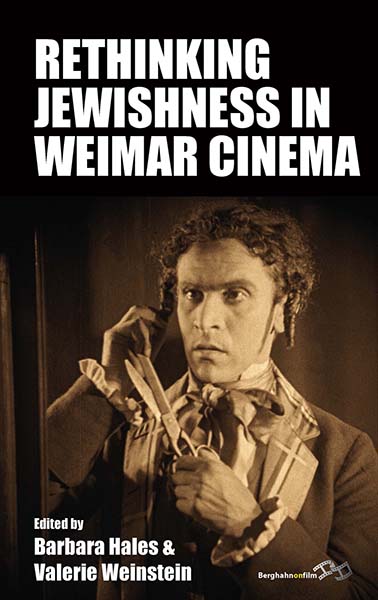 Published November 2020
Published November 2020  Published August 2020
Published August 2020 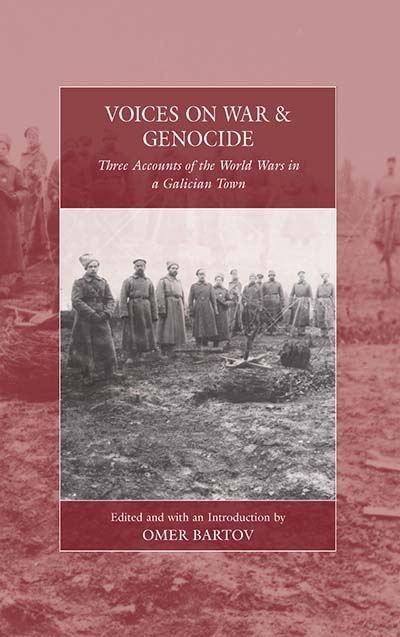 Published June 2020
Published June 2020 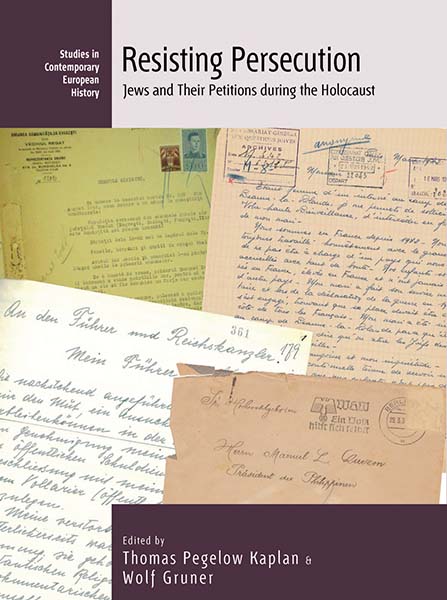 Published June 2020
Published June 2020 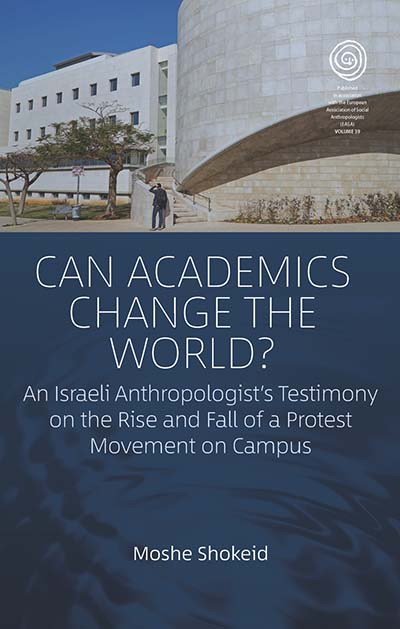 Published May 2020
Published May 2020 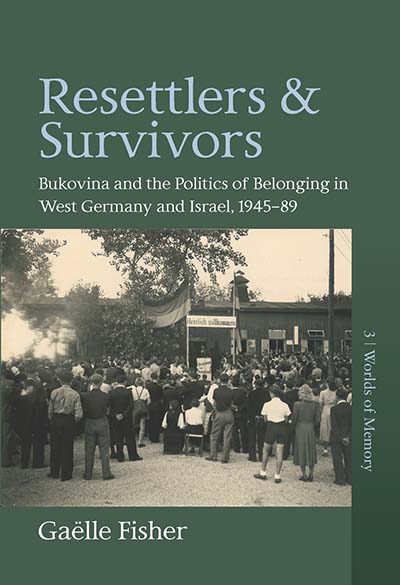 Published April 2020
Published April 2020 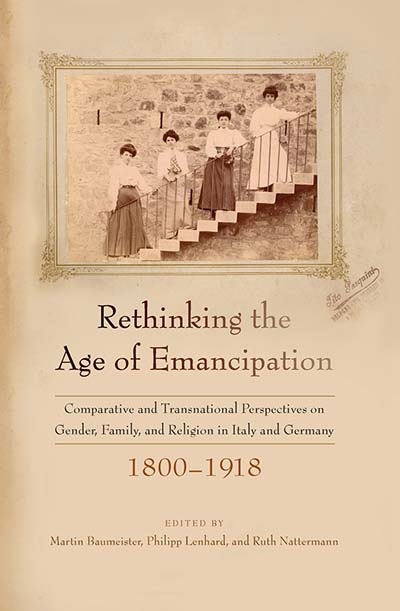 Published March 2020
Published March 2020 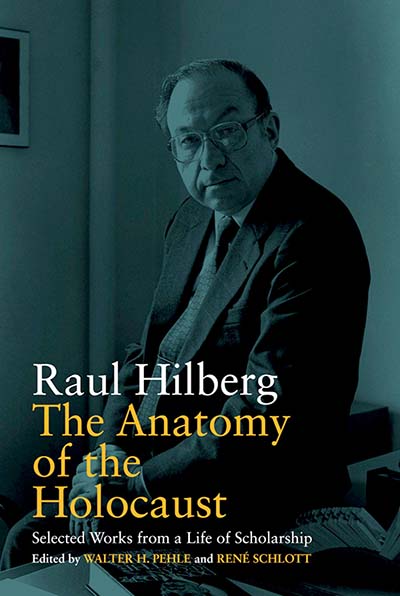 Published November 2019
Published November 2019 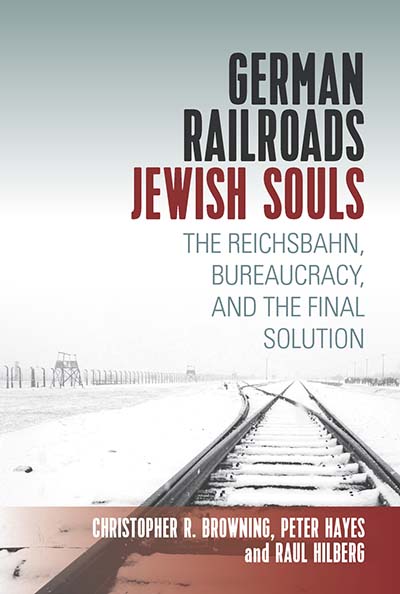 Published November 2019
Published November 2019 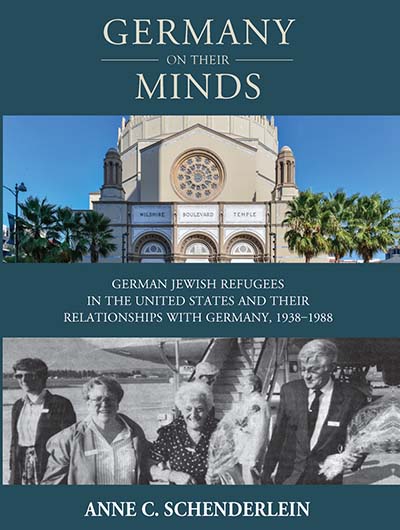 Published October 2019
Published October 2019 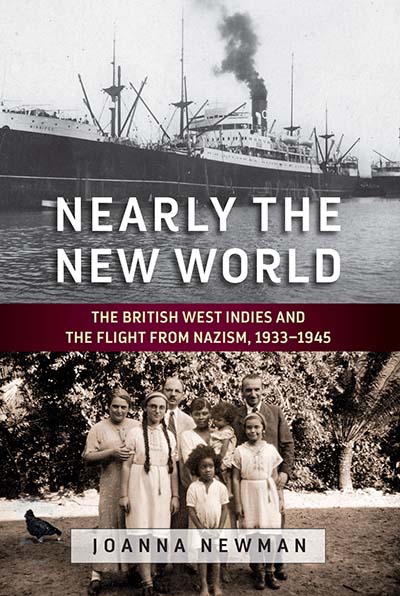 Published September 2019
Published September 2019 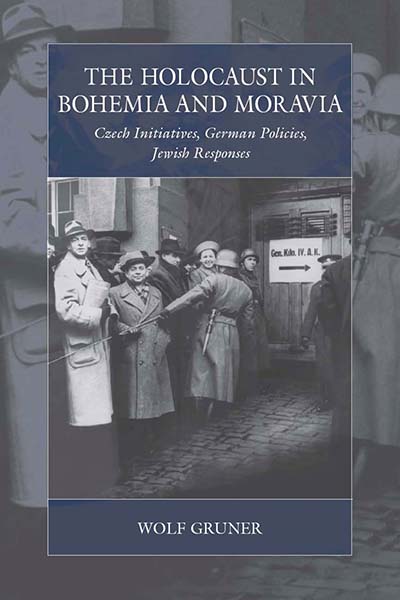 Published September 2019
Published September 2019 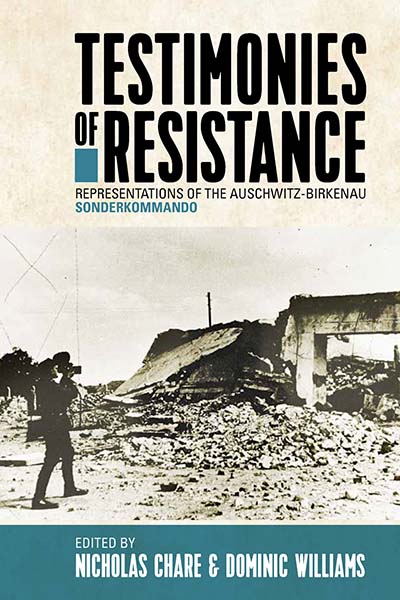 Published September 2019
Published September 2019 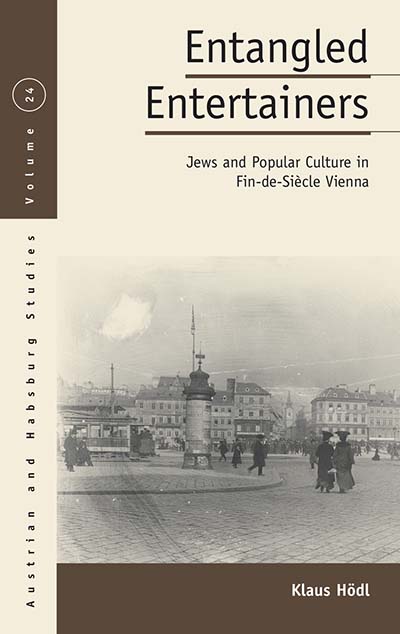 Published September 2019
Published September 2019 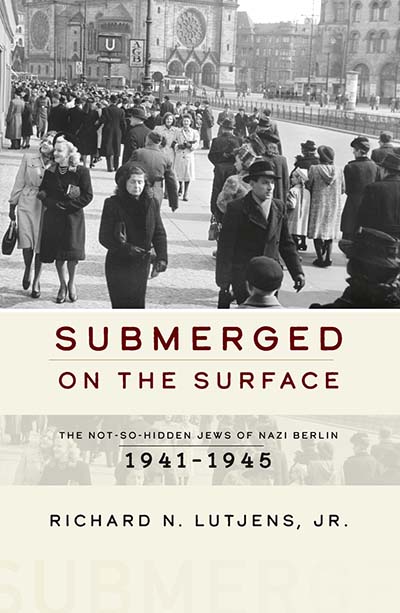 Published September 2019
Published September 2019 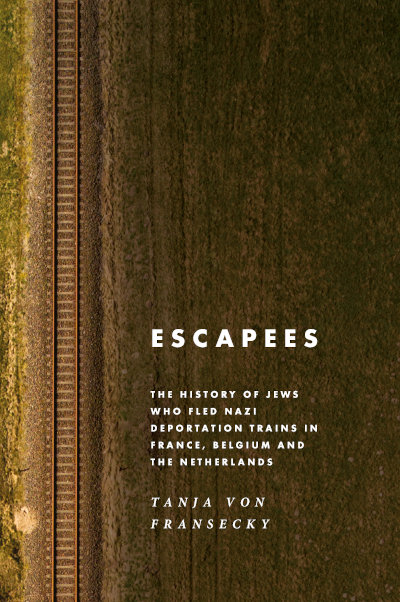 Published August 2019
Published August 2019 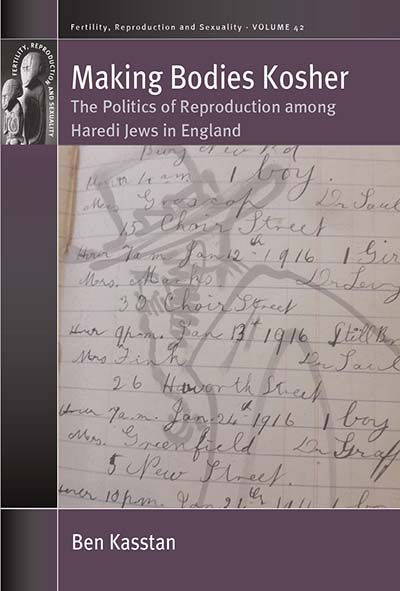 Published June 2019
Published June 2019 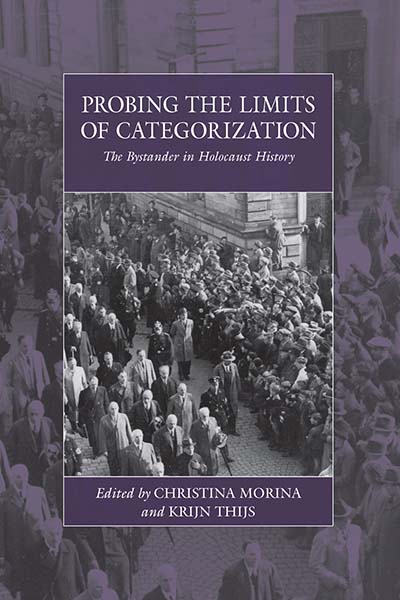 Published November 2018
Published November 2018 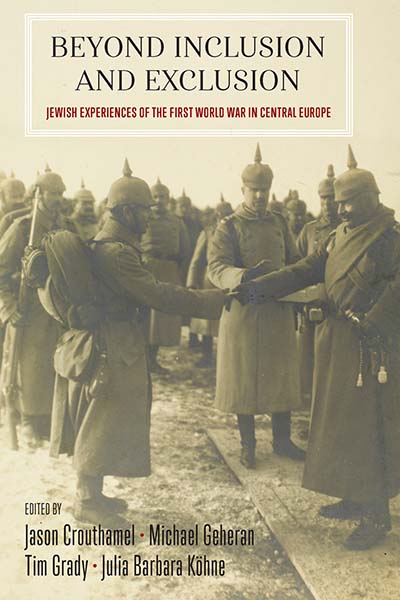 Published November 2018
Published November 2018 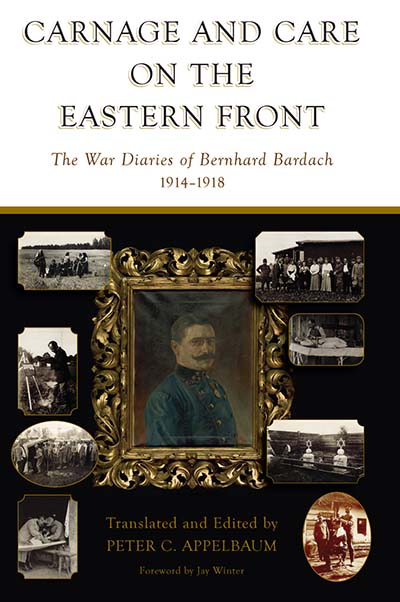 Published August 2018
Published August 2018 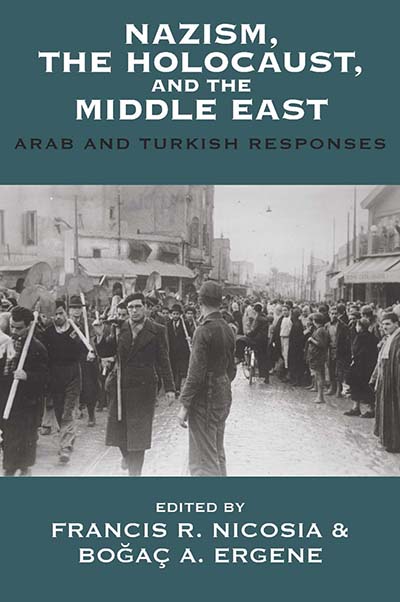 Published January 2018
Published January 2018 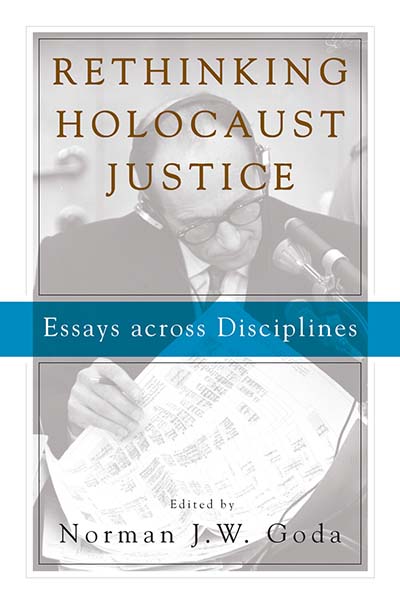 Published December 2017
Published December 2017 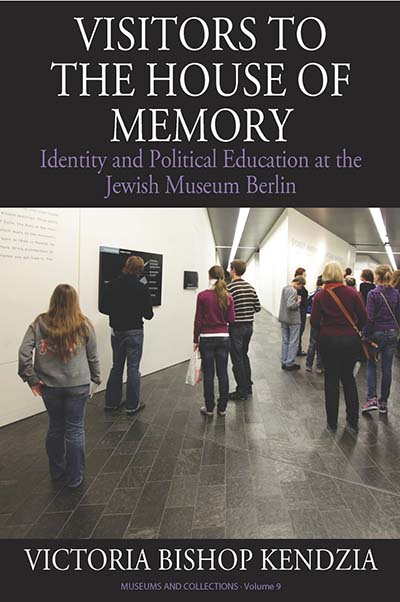 Published December 2017
Published December 2017 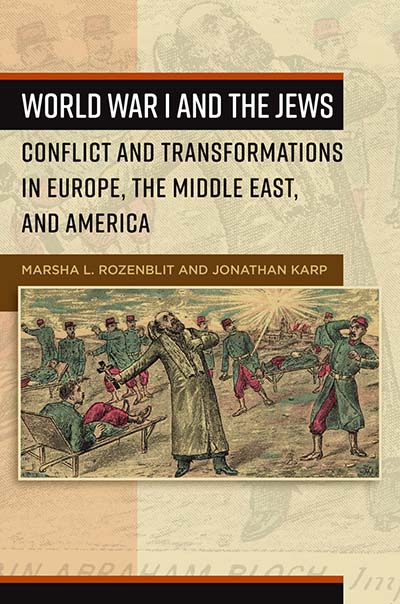 Published August 2017
Published August 2017 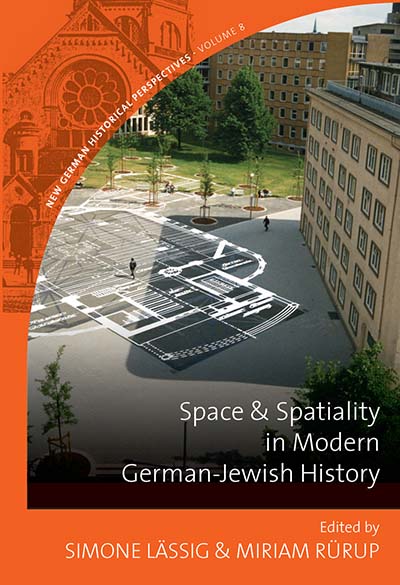 Published June 2017
Published June 2017 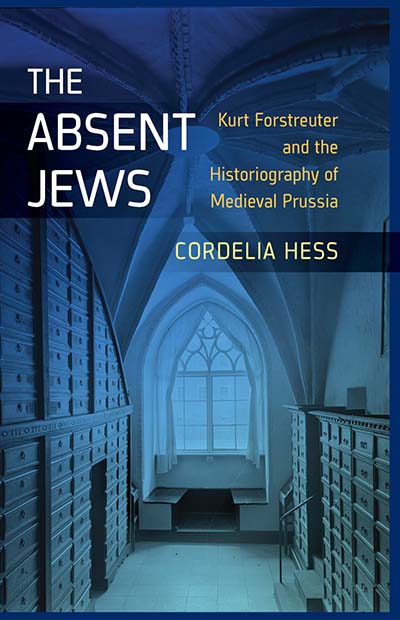 Published May 2017
Published May 2017 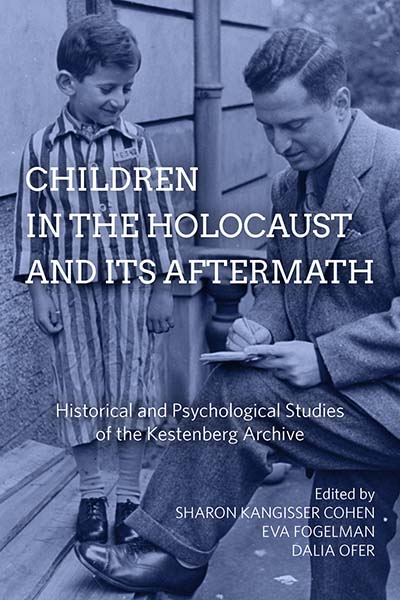 Published April 2017
Published April 2017 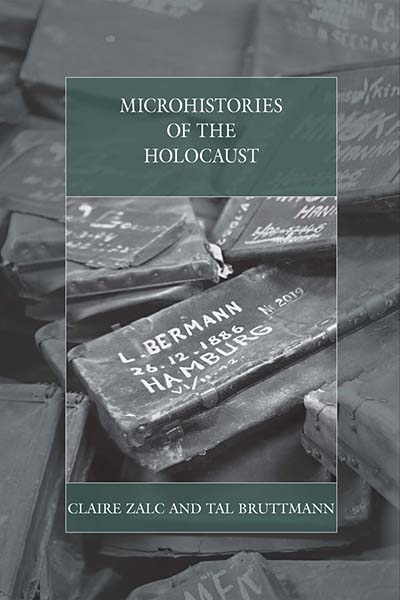 Published December 2016
Published December 2016 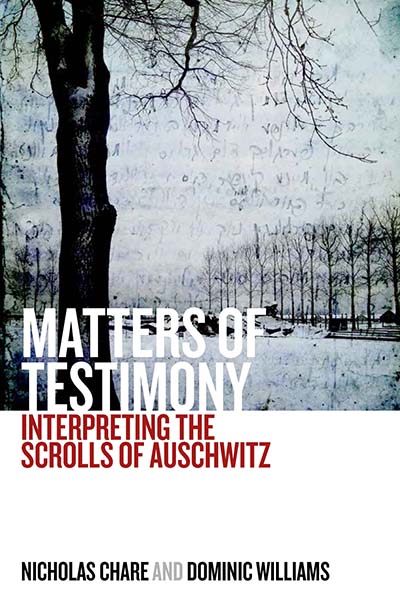 Published December 2015
Published December 2015 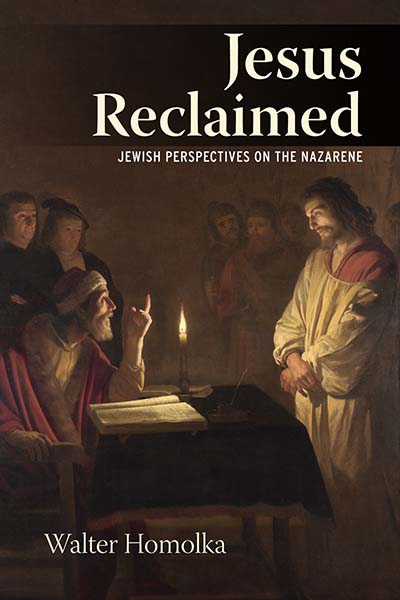 Published January 2015
Published January 2015 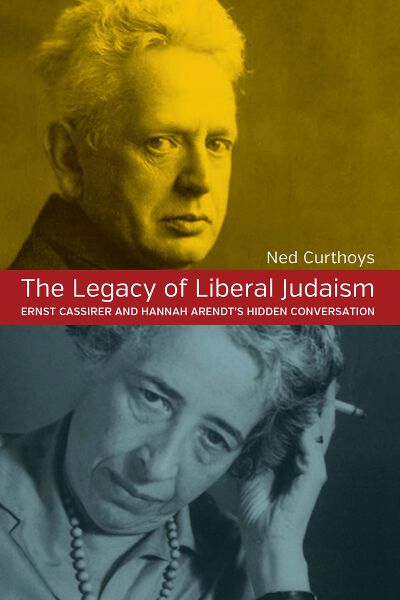 Published October 2013
Published October 2013 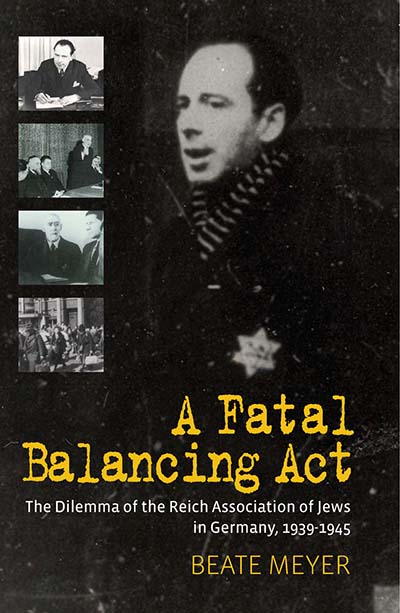 Published September 2013
Published September 2013 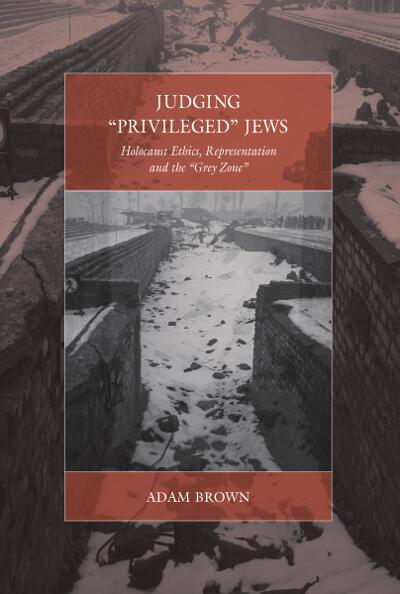 Published July 2013
Published July 2013 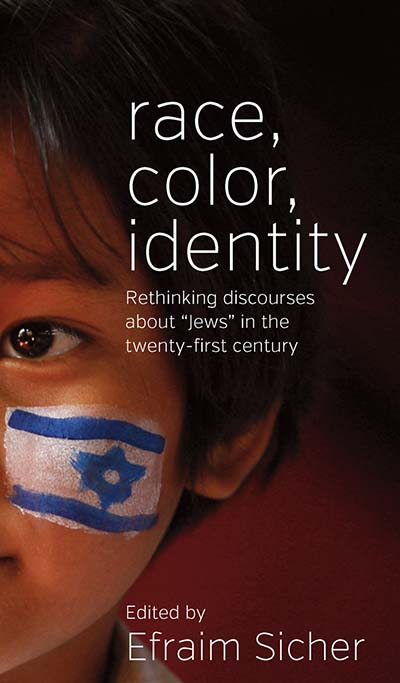 Published May 2013
Published May 2013 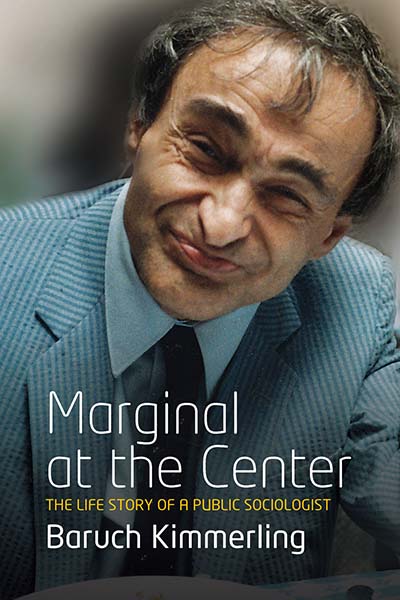 Published June 2012
Published June 2012 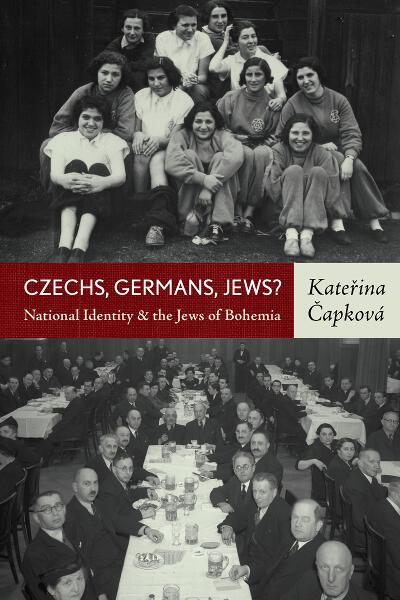 Published May 2012
Published May 2012 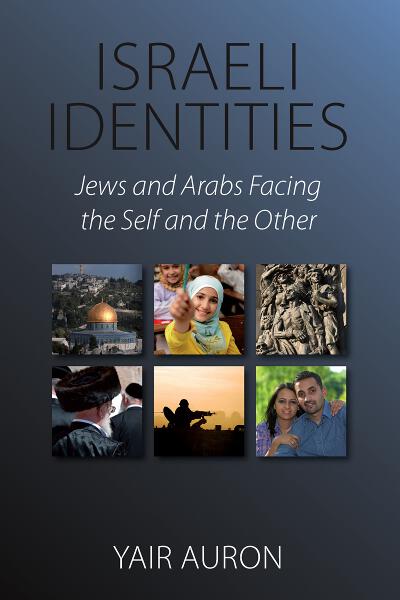 Published March 2012
Published March 2012 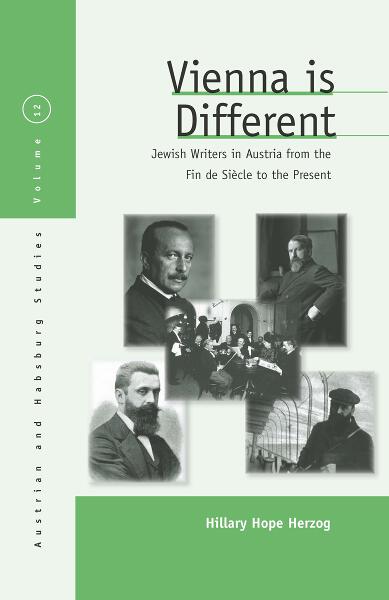 Published October 2011
Published October 2011 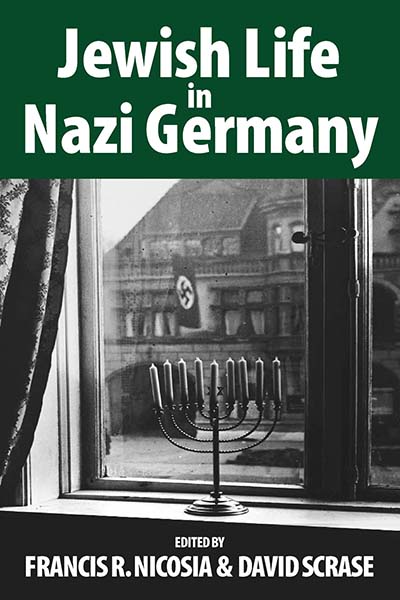 Published July 2010
Published July 2010 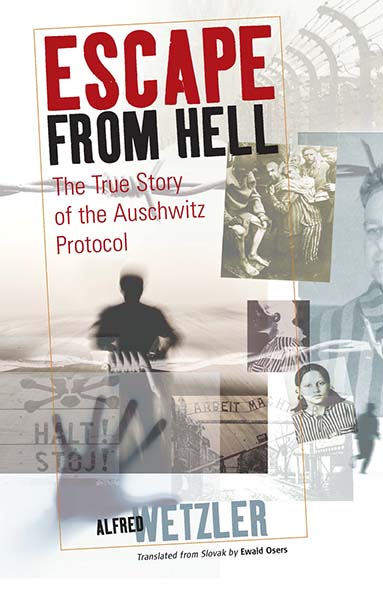 Published April 2007
Published April 2007